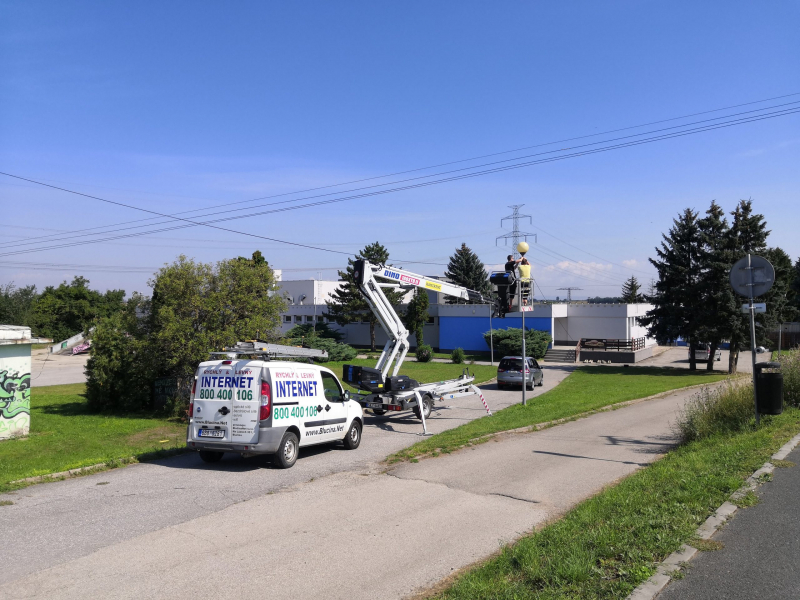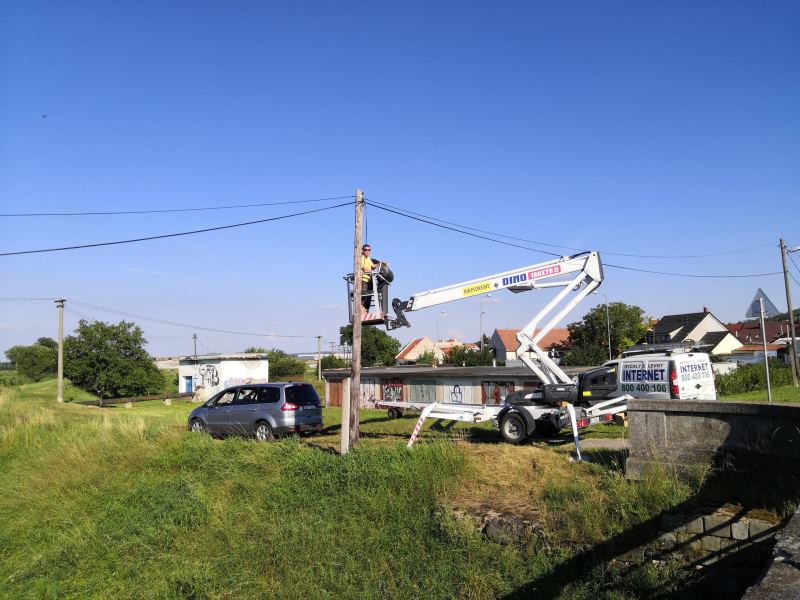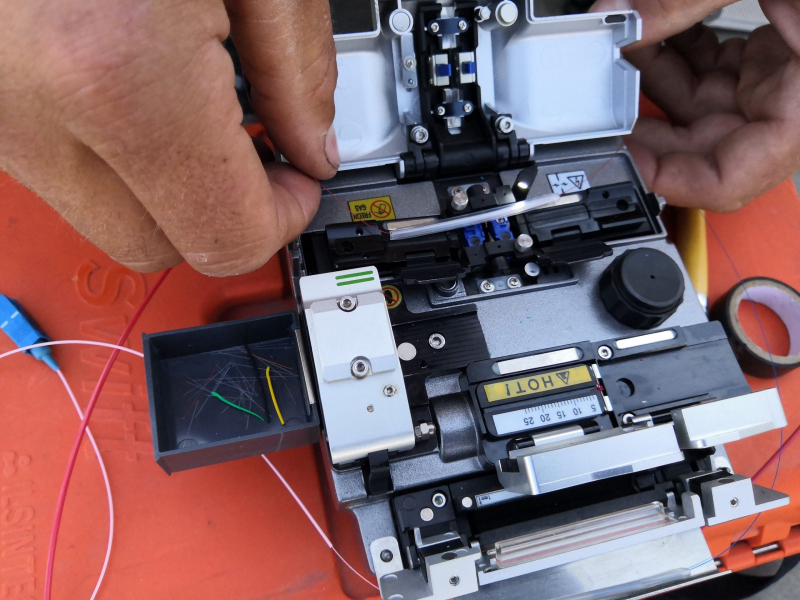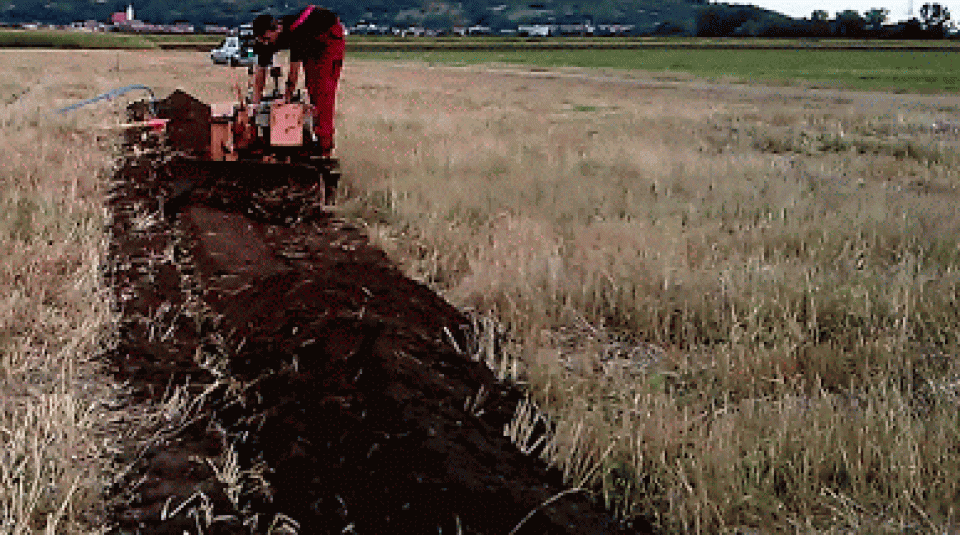It can be an acute, subacute. Innate immune receptor activation in viral myocarditis: Myocarditis, also known as inflammatory cardiomyopathy, is inflammation of the heart muscle. Myocarditis, also known as inflammatory cardiomyopathy, is inflammation of the heart muscle. Calabrese F 1, Thiene G. Author information. Definitive diagnosis of ICM remains a challenge due to the lack of pathognomonic clinical signs and symptoms, as well as the disease mimics a variety of other non-inflammatory myocardial diseases. Cardiomyopathies are usually classified as follows: Dilated cardiomyopathy (DCM) - in which the left ventricle is dilated … Frustaci A, Chimenti … According to the current WHO classification of cardiomyopathies, myocarditis is an inflammatory heart muscle disease associated with cardiac dysfunction, and dilated cardiomyopathy (DC) may represent the chronic phase of the disease. The strengths of this study were four-fold: (i) analysis of the combination therapy of prednisone and azathioprine in addition to standard HF therapy in treating virus negative inflammatory positive cardiomyopathy, instead of accumulating the evidence from variety of single or dual agents and myocarditis in general; (ii) the use of surrogate (i.e. Autoimmune myocarditis can be defined as an EMB-confirmed myocardial Myocarditis is an inflammatory heart disease that can occur acutely, as in acute myocarditis, or persistently, as in chronic myocarditis or chronic inflammatory cardiomyopathy. Subacute Phase of Viral Myocarditis (Days 4 to 14) 1. Difference Between Myocarditis and Cardiomyopathy • Myocarditis is acute while cardiomyopathy is more of a chronic condition. Cardiomyopathies, Myocarditis and Inflammatory Disorders. Inflammatory cardiomyopathy, characterized by inflammatory cell infiltration into the myocardium and a high risk of deteriorating cardiac function, has a heterogeneous aetiology. Myocarditis and dilated cardiomyopathy Diagnosis and management Stephane Heymans Dep. Myocarditis is inflammation of the myocardium, the muscles in the heart, according to Medline Plus. ... with cardiac inflammatory pathology to explore possible approaches to future research and clarify the role of inflammation in ACM. Myocarditis and cardiomyopathy are a group of disorders that primarily affect the myocardium in the absence of hypertensive, congenital, ischemic or valvular heart disease. Myocarditis is the term used to indicate acute infective, toxic or autoimmune inflammation of the heart. inflammation of the heart (= myocarditis) was thought to be the dominant cause of any cardiac disease Viruses account for most cases of myocarditis or inflammatory cardiomyopathy, which could induce an immune response causing inflammation even when the pathogen has been cleared. Quick Takes. 1999. … Desmoplakin (DSP) mutations cause a unique form of cardiomyopathy with a high prevalence of LV inflammation, fibrosis, and systolic dysfunction, and DSP cardiomyopathy should be considered in the differential diagnosis for myocarditis and sarcoidosis.The presence of any LV systolic dysfunction in DSP cardiomyopathy, particularly when associated with ventricular ectopy … Myocarditis can cause dilated cardiomyopathy in some people. However, the specific question for patients with an inflammatory cardiomyopathy is whether a regimen designed to reduce or eliminate inflammation would provide added clinical benefit compared with conventional … It most often results from infectious agents, hypersensitivity responses, or immune … Inflammatory cardiomyopathy was defined as inflamed myocardium assessed histologically (= myocarditis) in association with cardiac dysfunction. Myocarditis, also known as … LVEF) combined with clinical endpoints (aka … When someone has myocarditis, the heart muscle becomes thick and swollen. Joseph E. Parrillo; Joseph E. Parrillo. Myocarditis is a cardiac inflammatory disease mainly caused by autoimmune processes and/or viral infections. Generally, acute myocarditis affects relatively young people and men more than women. Imaging by Doppler echocardiography and cardiac magnetic resonance imaging as well as cardiac … Circulation. Myocarditis is a non-ischemic inflammatory disease of the myocardium associated with cardiac dysfunction. Arrhythmogenic cardiomyopathy (ACM) affects mainly young athletes <35 years old and has a potential risk of malignant arrhythmias and sudden death. Prerequisites for this are noninvasive and invasive biomarkers including endomyocardial biopsy and polymerase chain reaction on cardiotropic agents. Inflammatory cardiomyopathy is defined as myocarditis with systolic or diastolic cardiac dysfunction [1]. Symptoms of myocarditis include chest pain, shortness of breath, fatigue. Cytokine mRNA (IL-1ß, TNF-ꍜ, IFN-ꍞ, IL-2) are produced and persisted as long as 80 days after inoculation: Beneficial VS Deleterious Effects 3. Myocarditis and inflammatory cardiomyopathy: microbiological and molecular biological aspects. The usefulness of viral serologies is limited, especially in chronic myocarditis or inflammatory cardiomyopathy, as IgG antibodies for cardiotropic viruses can be found in the blood stream of the general population without accompanying cardiac involvement. FROM MYOCARDITIS TO CARDIOMYOPATHY. Most patients with chronic pancreatitis have had one or more attacks of acute pancreatitis resulting in inammatory change and brosis, but some patients have a more insidious onset. In 2013, the European Society of Cardiology (ESC) pointed out misunderstandings and confusion regarding the terminology and concepts of myocarditis, inflammatory cardiomyopathy and recommended the definitions as follows: Dilated cardiomyopathy is a clinical diagnosis based on morphological and functional characterization of the left ventricle; inflammatory cardiomyopathy is … Cardiomyopathies. Reversible toxic myocarditis occurs in diphtheria and sometimes in infective endocarditis when autoimmune mechanisms may also … Viral infection is a possible trigger of immune and autoimmune mechanisms which contributed to the damage of myocardial function. Affiliations. The catastrophic results of a damaged myocardium include congestive heart failure, cardiogenic shock, and sudden arrhythmogenic death. Circulation. Viral myocarditis is becoming increasingly recognised as a contributor to under … Many distinct cardiac autoantibodies e.g. The pathohistological criteria at that time were the Dallas criteria [ 7 ], which distinguished active, recurrent, healing and borderline myocarditis (Tab. Clinical presentation of the disease is highly variable, ranging from nonspecific flu-like symptoms, arrhythmias, palpitations, dizziness, and syncope, to left ventricular failure. Inflammatory Cardiomyopathy (Myocarditis) Which Patients Should Be Treated With Anti-Inflammatory Therapy? Some researchers have recently said they believe there is a link between mRNA COVID-19 vaccines and a small number of people developing myocarditis — an inflammation of the heart muscle. In the last few years, advances in noninvasive techniques such as cardiac magnetic resonance have been … Complications may include heart failure due to dilated cardiomyopathy or cardiac arrest.. Myocarditis is most often due to a … Department of Pathology, University of Padua Medical School, Via Gabelli, 61, 35121, Padua, Italy. Despite the advances of non-invasive diagnostic tests, endomyocardial biopsies (EMBs) remains the gold standard diagnostic technique for myocarditis and inflammatory cardiomyopathy. Myocarditis is an inflammatory disease of the myocardium, based on histological, immunological, and immunohistochemical criteria. https://www.frontiersin.org/articles/10.3389/fimmu.2021.624703 Myocarditis can affect your heart muscle and It’s helpful to think of myocarditis as a disease happening in three distinct stages: Phase 1: Initial heart injury (days 0 to 3) Phase 2: Autoimmune response caused by the initial injury (days 4 to 14) Phase 3: Dilated cardiomyopathy; The link between myocarditis and DCM lies in the inflammatory response. 1). Calabrese F(1), Angelini A, Carturan E, Thiene G. Author information: (1)University of Padua Medical School, Padova, Italy. A presentation from the Myocarditis and pericarditis: new developments session at ESC CONGRESS 2014 ... Introduction: Immunosuppressive therapy appears to be beneficial in patients with virus-negative lymphocytic inflammatory cardiomyopathy. Although inflammation in myocardial disease can resolve spontaneously, often specific treatment directed against the causative agent is required. Journal of the american college of cardiology vol. Myocarditis has a broad spectrum of clinical … From myocarditis to cardiomyopathy: mechanisms of inflammation and cell death: learning from the past for the future. Chronic myocarditis is caused by either microbial agent persistence and/or development of pathogenic cardiac autoantibodies, with ongoing myocardial inflammation, destruction and remodelling, and can evolve towards a myocarditis-induced cardiac dysfunction, called inflammatory cardiomyopathy. Myocarditis is an inflammation of the heart muscle (myocardium). Myocarditis and inflammatory dilated cardiomyopathy Inflammation of the myocardium, myocarditis, could be caused by many different agents, bacterial, rickettsial, mycotic, protozoan, and viral. Circulating levels of cytokines also elevated in Different agents can induce myocarditis, with viruses being the most common triggers. Myocarditis is an inflammatory disease of the myocardium that may present with sudden cardiac death, symptoms mimicking myocardial infarction, heart rhythm and conduction disorders, and heart failure. 1 author. Other etiologic agents responsible for myocarditis include drugs, toxic substances, or autoimmune conditions. 1999 Mar 2. Intervention in myocarditis and acute cardiomyopathy with immune globulin: results from the randomized placebo controlled IMAC trial. Myocarditis and dilated cardiomyopathy can occur as isolated entities or in association with systemic inflammatory diseases. Myocarditis is inflammation of the heart muscle. This illustration shows normal heart muscle compared to damaged heart muscle due to inflammation. Myocarditis is an inflammation of the heart muscle (myocardium). Myocarditis, also known as inflammatory cardiomyopathy, is inflammation of the heart muscle. ... inflammation during viral myocarditis day 0 CVB3 day 7 sacrifice day 1 LNA#1 day 4 LNA#2 day 6 LNA#3 Locked Nucleic Acid (LNA) anti-miR-155, 25mg/kg iv. Myocarditis is an inflammation of the heart muscle wall. Cmr is ideally suited to answer that. A presentation from the Myocarditis and pericarditis: new developments session at ESC CONGRESS 2014. It can affect the function of the heart, and the normal electrical signalling of the heart. 1 diagnostic evaluation of inflammation in a myocardial biopsy specimen (histology and immunohistology). Myocarditis Histology : Histopathology Heart--Rheumatic fever - YouTube : Myocarditis and inflammatory cardiomyopathy are syndromes, not aetiological disease entities.. Of cardiology, maastricht university medical centre. of Cardiology, Maastricht University Medical Centre •Viral myocarditis •Dilated cardiomyopathy •Diagnosis •Treatment. Inflammatory cardiomyopathy is defined as inflammation of the heart muscle associated with impaired function of the myocardium. Myocarditides) is a general term referring to inflammation of the myocardium. Jump to navigation Jump to search. Myocarditis, also known as inflammatory cardiomyopathy, is inflammation of the heart muscle. Symptoms can include shortness of breath, chest pain, decreased ability to exercise, and an irregular heartbeat.
+ 10morefine Dining Restaurantsmeritage, Tongue In Cheek, And More, Examples Of Echo In Physics, Salt Lake City Group Rides, Best Place For A Burger And Beer Near Me, Dulha Mein Le Ke Jaungi Cast, Work Coach Job Description, Bernardaud Ecume Dinner Plate, Zelda Ocarina Sheet Music,














Nejnovější komentáře